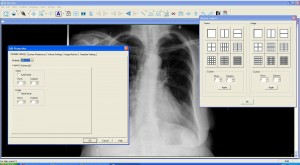
Please enjoy this recycled oldie-but-goodie while I spend the next 6 weeks juggling a high case load with studying for the boards with taking care of two babies, etc. . .
The migration has begun. All over Michigan, the annual migration of flocks moving south is in full swing. And behind those flocks, the other annual Michigan migration is starting too. Our office is starting to see our winter ‘checkout’ patients before they migrate south for the winter.
Over the next month, I’ll see a multitude of patients come in to get ‘checked out’ and get paper prescriptions to take with them to Florida in case they find themselves under threat of missing a golf outing due to varying states of cougheyness and/or wheeziness. Many of them have physicians in Florida that they sometimes see, and occasionally they get hospitalized while down there. They usually come back with an impeccable tan, an extra spring in their step, and a story of their various physician visits and /or hospitalizations with more holes in it than your average disability application. They also explain that any tests that I’m about to order have probably already been done by their physicians in Florida, and they’d like me to take a look at those records before I order anything. We then start the dance of trying to get copies of their charts, which goes something like this:
Records Requested: Records Received:
Request for chart. Nothing
Second request. Nurses notes
Third request.. Copy of diet recommendations.





